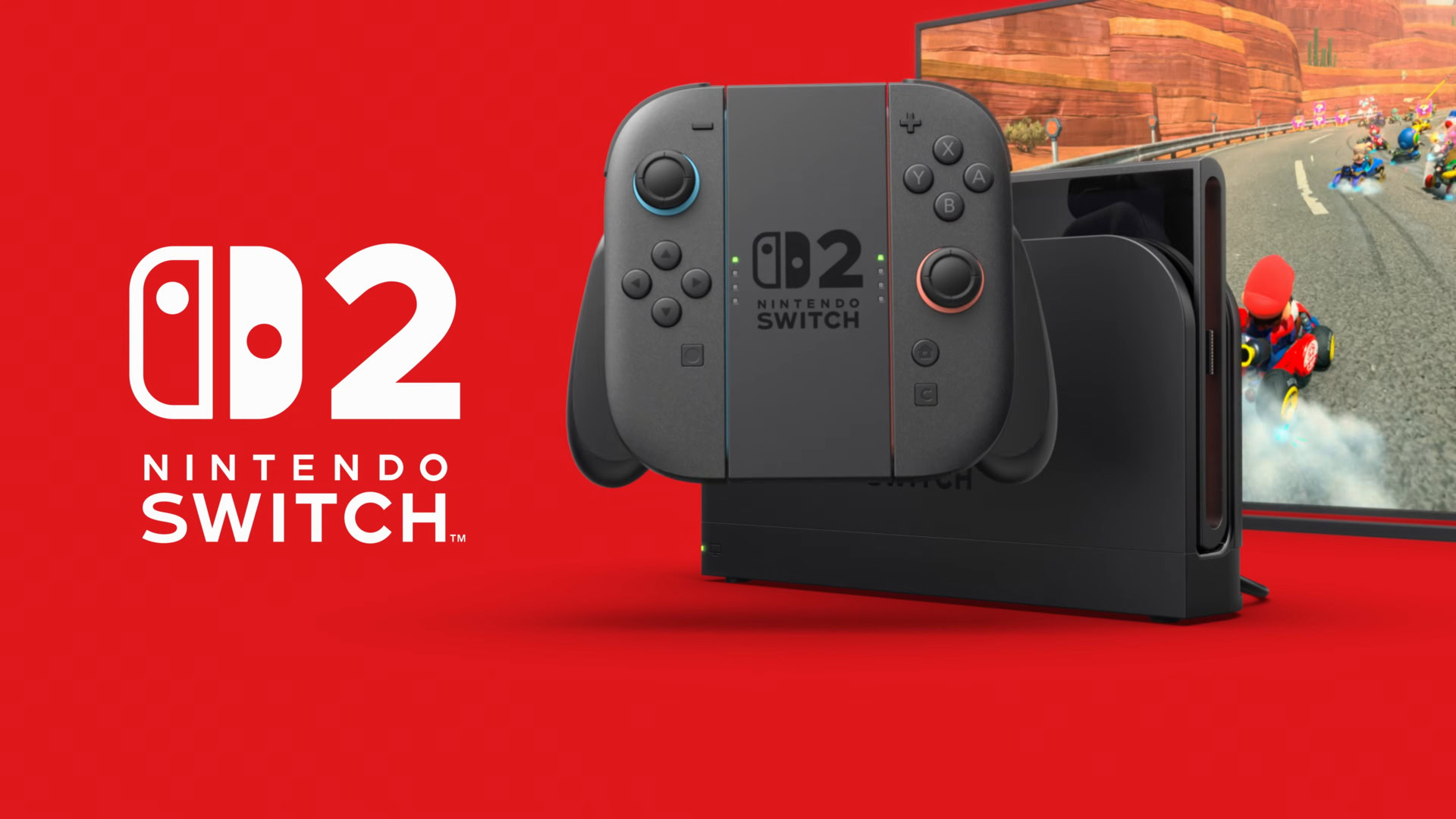Disposable Plastic Knives and the Rise of Sustainable Alternatives by Nature Cutlery
Disposable plastic knives have long been a staple in fast food restaurants, catering services, and outdoor events due to their convenience and affordability. However, as concerns about environmental sustainability grow, the world is beginning to question the impact of single-use plastics. One company leading the way in providing eco-friendly alternatives is Nature Cutlery—a brand dedicated to sustainable, biodegradable, and compostable disposable utensils.
In this article, we will explore the history, usage, and environmental impact of disposable plastic knives, while also highlighting how Nature Cutlery is reshaping the industry with its innovative, eco-conscious solutions.
The Role of Disposable Plastic Knives in Everyday Life
1. Convenience and Affordability
Disposable plastic knives have been widely used due to their cost-effectiveness and ease of disposal. Whether at a picnic, food festival, or takeaway restaurant, these lightweight utensils provide a quick and hassle-free way to enjoy meals without the need for washing or maintenance.
2. Versatility and Applications
Plastic knives are designed for various purposes, including slicing soft foods like fruits, pastries, and salads. While not as sturdy as metal knives, they are often sufficient for most casual dining experiences. Their availability in bulk makes them ideal for large gatherings, reducing the burden of cleanup and dishwashing.
3. Popularity in the Food Industry
Restaurants, cafeterias, and food delivery services frequently include plastic cutlery in their packaging. Disposable plastic knives, along with forks and spoons, are commonly provided in "to-go" orders, allowing consumers to eat their meals conveniently, whether at home, at work, or on the go.
The Environmental Cost of Disposable Plastic Knives
Despite their practicality, disposable plastic knives contribute to a significant environmental issue: plastic pollution. The majority of these utensils are made from polystyrene or polypropylene, materials that take hundreds of years to decompose.
1. Single-Use Plastic Waste Crisis
Billions of plastic knives are discarded each year, with many ending up in landfills, oceans, and waterways. Since these items are lightweight, they are easily carried by wind and water, contributing to widespread pollution.
2. Impact on Marine Life and Ecosystems
Plastic waste, including disposable cutlery, poses a severe threat to marine life. Sea creatures often mistake plastic fragments for food, leading to ingestion, suffocation, and even death. Microplastics, which result from the breakdown of plastic items, contaminate water sources and enter the food chain, ultimately affecting human health.
3. Challenges in Recycling
Although some plastic knives are labeled as recyclable, many recycling facilities do not process them due to their small size and contamination with food residues. As a result, the majority of these utensils are either incinerated (which releases harmful toxins) or left to accumulate in landfills.
Nature Cutlery: A Sustainable Solution to Disposable Plastic Knives
Recognizing the urgent need for change, Nature Cutlery has emerged as a leader in the eco-friendly disposable cutlery market. The company is committed to reducing plastic waste by offering biodegradable, compostable, and eco-conscious alternatives to traditional disposable knives.
1. Biodegradable and Compostable Knives
Nature Cutlery's disposable knives are crafted from natural materials such as bamboo, cornstarch-based PLA (polylactic acid), and recycled wood pulp. Unlike conventional plastic knives, these alternatives decompose within months, leaving no harmful residues behind.
2. Durable and Efficient Design
One common misconception about biodegradable cutlery is that it lacks strength and durability. However, Nature Cutlery ensures that its products are sturdy enough to cut through various foods, including meats and tougher vegetables, without breaking or bending.
3. Eco-Friendly Production Methods
In addition to using sustainable materials, Nature Cutlery prioritizes low-carbon manufacturing processes. The company minimizes energy consumption, reduces greenhouse gas emissions, and avoids toxic chemicals commonly found in plastic production.
4. Safe for Human Health
Unlike plastic cutlery, which may contain harmful additives like BPA (bisphenol A), Nature Cutlery's products are non-toxic and food-safe. This makes them an excellent choice for health-conscious consumers who want to avoid potential chemical exposure from plastic utensils.
Why Choose Nature Cutlery Over Traditional Plastic Knives?
Switching to Nature Cutlery's biodegradable knives offers numerous benefits for individuals, businesses, and the planet:
1. Reduced Environmental Footprint
By choosing compostable cutlery, disposable plastic knife and businesses can drastically cut down on plastic waste, preventing thousands of plastic knives from ending up in oceans and landfills each year.
2. Compliance with Sustainable Policies
Many governments and organizations worldwide are implementing bans on single-use plastics. Using Nature Cutlery's biodegradable products ensures compliance with eco-regulations and demonstrates a commitment to environmental responsibility.
3. Enhancing Brand Image for Businesses
For restaurants, catering services, and event organizers, using Nature Cutlery’s sustainable utensils improves brand reputation. Consumers increasingly prefer eco-conscious businesses, and making the switch to biodegradable knives can attract environmentally aware customers.
4. Supporting Ethical Business Practices
Nature Cutlery sources its raw materials from sustainable farms and follows fair labor practices. By choosing their products, customers support ethical supply chains that prioritize both environmental and social well-being.
How to Transition from Plastic Knives to Sustainable Alternatives
Making the switch to biodegradable cutlery is simple, and both individuals and businesses can take steps toward a greener future:
For Individuals
- Opt for compostable cutlery when purchasing disposable utensils.
- Bring reusable alternatives like bamboo or stainless steel cutlery when dining out.
- Educate others about the benefits of eco-friendly options.
For Businesses
- Partner with Nature Cutlery to replace plastic knives with biodegradable alternatives.
- Implement sustainable packaging alongside eco-friendly utensils.
- Encourage customers to choose reusable cutlery when possible.
Conclusion: The Future of Disposable Knives is Sustainable
As the world moves toward sustainability, Nature Cutlery is leading the charge by providing high-quality, compostable disposable knives that offer the same convenience as plastic without the environmental harm. With increasing awareness and commitment from individuals and businesses alike, the transition from single-use plastics to biodegradable alternatives is becoming a reality.
What's Your Reaction?
 Like
0
Like
0
 Dislike
0
Dislike
0
 Love
0
Love
0
 Funny
0
Funny
0
 Angry
0
Angry
0
 Sad
0
Sad
0
 Wow
0
Wow
0


















































